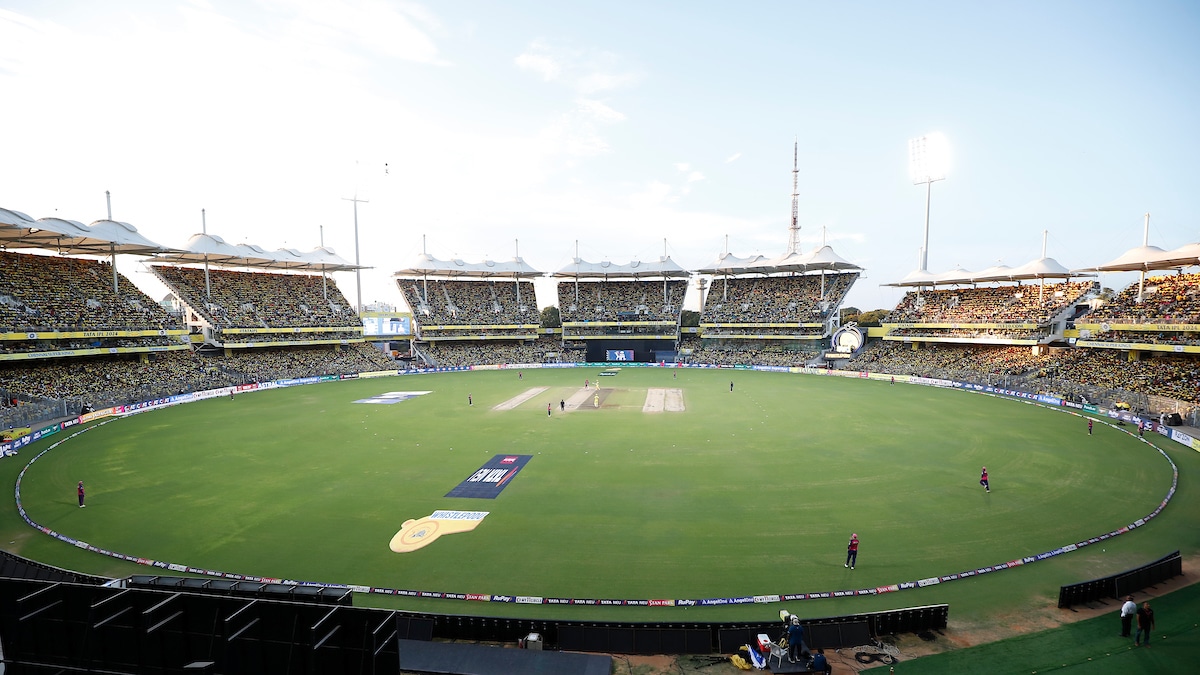According to some estimates, as on February 1, the Centre owes ₹ 16,000 crores in wages under MGNREGS to the State governments. File
| Photo Credit: S. Harpal Singh
With allocation of ₹86,000 crore for the Mahatma Gandhi National Rural Employment Guarantee Scheme (MGNREGS), the budget for the scheme for the financial year 2024-25 has been hiked by ₹26,000 crore in comparison to the 2023-24 Budget estimates, though it is the same as the revised estimates for the ongoing financial year (2023-24). So, the net gain for the rural employment scheme could be zero or even negative.
As per the statistics available on the Union Rural Development Ministry website, the total expenditure on the programme so far has been ₹88,309.72 crore. According to some estimates, as on February 1, the Centre owes ₹16,000 crore in wages to the State governments.
What’s the update on MGNREGA scheme? | Interim Budget 2024
The government has argued that MGNREGS is a dynamic scheme and the dues are cyclically paid. But for the last two years, the Centre has halted the programme in West Bengal, claiming corruption in implementation of the scheme. The Centre owes nearly ₹7,000 crore to the State.
Also Read | Budget 2024 live updates | Interim budget leaves tax structure untouched; PM calls it ‘transformative’ for India’s future
The 2024 Budget, though, breaks the continued trend of slashing the budget for the programme. In the 2023 Budget, only ₹60,000 crore was allocated which was 18% lower than the ₹73,000 crore Budget estimates and 33% lower than the ₹89,000 crore revised estimates for financial year 2023-24 for the scheme.
But the activists and academics said the allocation still fell way short of the sum required for efficient implementation of the programme. “Matching the revised estimates is a tacit acknowledgement of rural distress. But it takes no step to alleviate it. Simple calculation points out that considering 5.6 crore households are registered under the programme, this sum can provide for 25 to 30 days at most of work in a year,” Rajendran Narayanan, Professor at Azim Premji University, said.
Also Read | Explained | The funding and demand for MGNREGA
The allocation furthers the trend of spending 15 to 20% of the budget clearing the past dues, in the present case this includes ₹7,000 crore owed to the West Bengal government. “To meet the employment needs of registered households under MGNREGS, a crucial ₹3 lakh crore is essential. However, the allocated budget falls significantly short at a mere ₹86,000 crore. Considering the outstanding dues in West Bengal that need clearing and the additional work requirements for the workers in the State this year, coupled with the historical trend of 15 to 20% of the budget being spent on clearing past dues, the allocation seems increasingly inadequate. This shortfall raises serious concerns as it not only jeopardises the guaranteed right to work under MGNREGS but also constitutes a gross violation of this fundamental entitlement,” Chakradhar Buddha, who is affiliated with LibTech India, a consortium of academics and activists, said.







